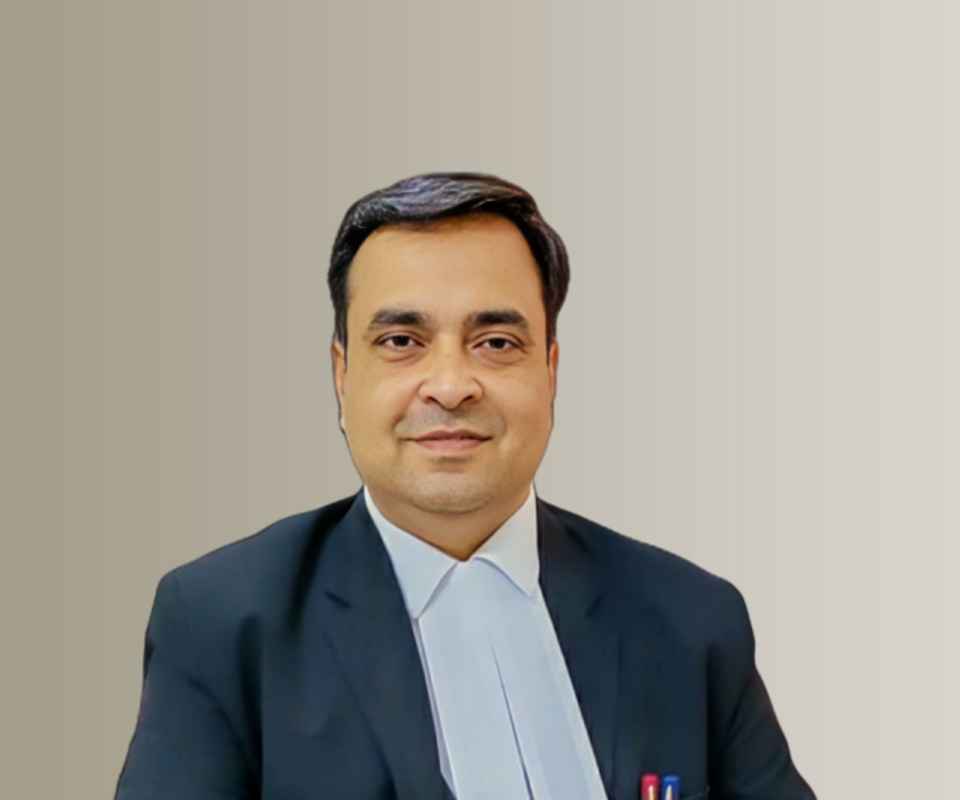Answer By law4u team
Yes, there are several alternatives to guardianship for managing the affairs of a dependent, whether due to age, disability, or incapacity. These alternatives can offer a way to provide necessary support while allowing the dependent to retain more autonomy and avoid the formal, potentially restrictive nature of a guardianship. Depending on the situation, these alternatives may be more flexible and tailored to the specific needs of the dependent.
Key Alternatives to Guardianship:
Power of Attorney (POA):
Power of Attorney is one of the most common and flexible alternatives to guardianship. With a Durable Power of Attorney (DPOA), an individual can appoint an agent to make financial, legal, or healthcare decisions on their behalf if they become incapacitated. This document allows for specific, limited authority, and it can be crafted to meet the dependent’s unique needs.
A Healthcare Power of Attorney allows the agent to make medical decisions for the individual if they are unable to do so. This can help manage healthcare decisions without the need for full guardianship.
Representative Payee:
For dependents receiving government benefits, such as Social Security or Supplemental Security Income (SSI), the Representative Payee program allows a trusted individual to manage these benefits on behalf of the dependent. The representative payee ensures that funds are used for the dependent's needs, such as paying bills, medical expenses, and other essential services.
This option does not confer broad authority over the dependent’s affairs and is focused primarily on managing finances, which makes it a less intrusive alternative to guardianship.
Trusts:
A trust can be used to manage a dependent’s financial affairs without the need for a guardian. In this setup, a trustee manages assets according to the instructions laid out in the trust agreement. The dependent may retain control over certain aspects of their life, while the trustee handles financial matters.
Special Needs Trusts are commonly used for individuals with disabilities. They allow assets to be managed for the benefit of the dependent while preserving eligibility for government benefits such as Medicaid and SSI.
Conservatorship:
Conservatorship is a legal relationship in which a court appoints an individual or organization to manage the personal care or financial affairs of a dependent who is unable to do so themselves. While it is similar to guardianship, conservatorship is often limited to managing finances and may not involve personal decision-making or custody of a person. It provides a less restrictive option than full guardianship in cases where the individual may only need help managing their finances.
Representative (or Supported) Decision-Making:
Some states or countries offer supported decision-making as an alternative to guardianship. This approach involves providing a dependent with the support they need to make their own decisions, rather than appointing a guardian to make decisions on their behalf. Support may include assistance in understanding options, helping to weigh the consequences of decisions, or having an advocate present during key decisions.
This alternative works well when a dependent is able to make decisions but needs help in understanding the consequences or navigating complex processes.
Advance Directives:
Advance Directives are legal documents that outline a person’s preferences for medical treatment in case they become incapacitated. While this doesn’t directly manage a person’s financial or day-to-day affairs, it can reduce the need for guardianship by clarifying health care decisions and ensuring that an individual’s wishes are followed, even if they are unable to communicate them later on.
The most common form of advance directive is the living will, which specifies a person's preferences for life-sustaining treatment, and the health care proxy, which designates a person to make health care decisions if the individual becomes incapacitated.
Care Management Services:
For dependents who require assistance with personal care but are still able to make many of their own decisions, care management services provide a helpful solution. A professional care manager can assist with organizing healthcare services, housing options, and other necessary services while the individual retains autonomy over most aspects of their life.
These services can be tailored to fit the dependent’s needs and provide ongoing support without the formal structure of a guardianship.
Community-Based Support Programs:
Many communities offer support programs that can help a dependent without requiring full guardianship. These programs may include day programs, assistive technology, transportation services, and mental health support to help the individual maintain independence while ensuring that their needs are met.
These services are often provided by nonprofit organizations, local governments, or private providers.
Example:
For an elderly person with mild dementia, instead of pursuing full guardianship, a family member might set up a durable power of attorney for financial matters and a health care power of attorney for medical decisions. They could also establish a special needs trust to ensure the individual’s assets are protected and well-managed without disrupting eligibility for public benefits.
If the elderly person needs help with day-to-day care but can still make most decisions, the family might choose care management services to assist with organizing medical appointments, meal planning, and managing finances, all while preserving the person’s autonomy.
Conclusion:
While guardianship is a valuable legal tool for managing the affairs of a dependent, there are several alternatives that can provide more flexibility, preserve autonomy, and reduce the need for court intervention. These alternatives include power of attorney, representative payee programs, trusts, conservatorship, and supported decision-making, among others. Each alternative allows the dependent to retain control over their life in varying degrees while ensuring that their needs are met in a way that is less restrictive than guardianship.







